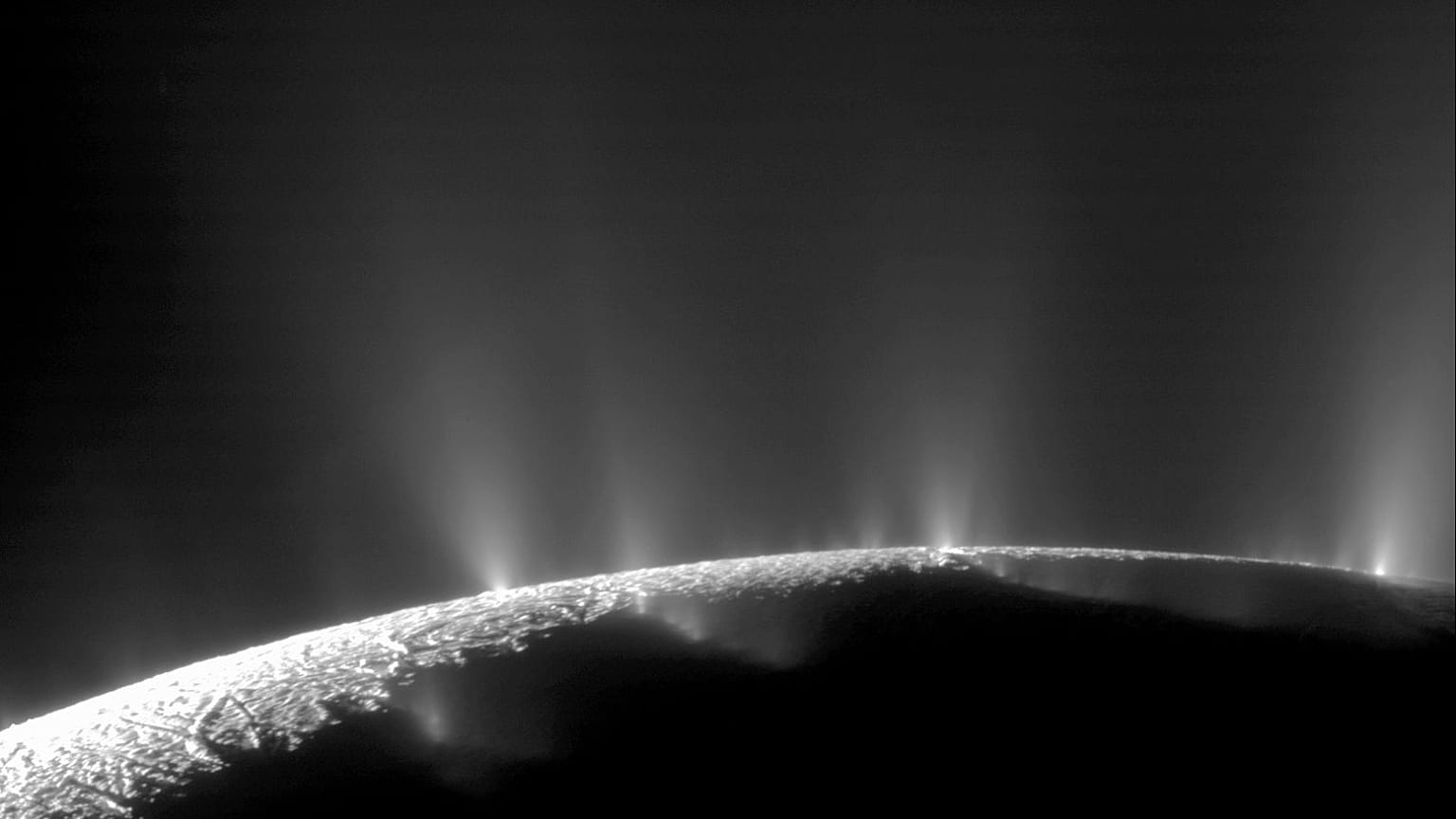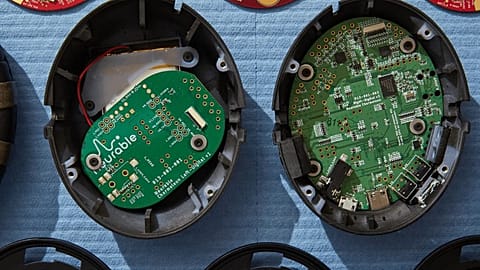In a recent research study, the essential element of phosphorus was discovered on Saturn's moon, Enceladus, one of the most promising places for extraterrestrial life.
Scientists have recently discovered the presence of phosphorus, a compound chemical important for life, on one of Saturn’s moons called Enceladus.
Phosphorus is the least abundant essential element necessary for life, and its recent detection in icy grains from Enceladus could redefine how we look at life beyond Earth.
The research, which was published in Nature, analysed data from Nasa’s Cassini mission that concluded in 2017. Its primary objective was to explore Saturn, its rings, and its moons.
“We were really lucky after three years to find the phosphates, which is probably the best thing we could have found in the data,” Frank Postberg, a planetary scientist at the Free University of Berlin and co-author of the study, told Euronews Next.
Enceladus releases water through cracks in its icy crust which forms a plume of icy particles. These particles, originating from the moon's subsurface ocean, contribute to Saturn's E ring, a faint ring situated beyond the planet's more prominent rings.
The scientists’ research focused on data obtained by Cassini's Cosmic Dust Analyser instrument during its encounters with these icy particles from Enceladus in Saturn's E ring.
Scientists were able to detect elevated levels of sodium phosphates within certain grains. These sodium phosphates consist of chemically-bound sodium, oxygen, hydrogen, and phosphorus.
To further validate their findings, co-authors in Europe and Japan conducted laboratory experiments to show that phosphorus was indeed present in Enceladus’ subsurface ocean.
This led to another important discovery where the concentrations of phosphorus in Enceladus' ocean were found to be at least 100 times higher than those observed in Earth's oceans even though phosphorus is one of the rarest compounds found outside of Earth.
Is there extraterrestrial life on Enceladus?
“From previous Cassini measurements, we already knew that Enceladus might be a place where life could emerge, extraterrestrial life,” Postberg said.
While Enceladus has long been of interest to scientists for this potential, phosphorus was the last of the six main building blocks for life to detect on Enceladus.
Phosphorus plays a crucial role in numerous biological processes, including the formation of DNA and energy transfer within cells.
Postberg added that while the discovery of phosphorus probably made Enceladus the most habitable place in our solar system outside Earth, there is no current evidence that it is actually inhabited.
After the discovery of phosphorus, the big question now is whether life actually exists on Saturn’s moon.
According to Postberg, the next step should be sending a mission dedicated to the detection of extraterrestrial life on Enceladus.
“That's actually, in my view, the best chance for humanity currently to look for extraterrestrial life, and that's why I think it should be done. There are many mission concepts already in the planning,” he said.
“It has not been decided or funded yet, but I think within the next five, six years or so, maybe even earlier, some agency will make the decision,” Postberg told Euronews Next.
Beyond phosphorus discovery, scientists were able to find that the conditions that allow for phosphorus-rich oceans are transferable to other ocean moons in the outer solar system, which could mean that other planets' moons have favourable living conditions as well.


















